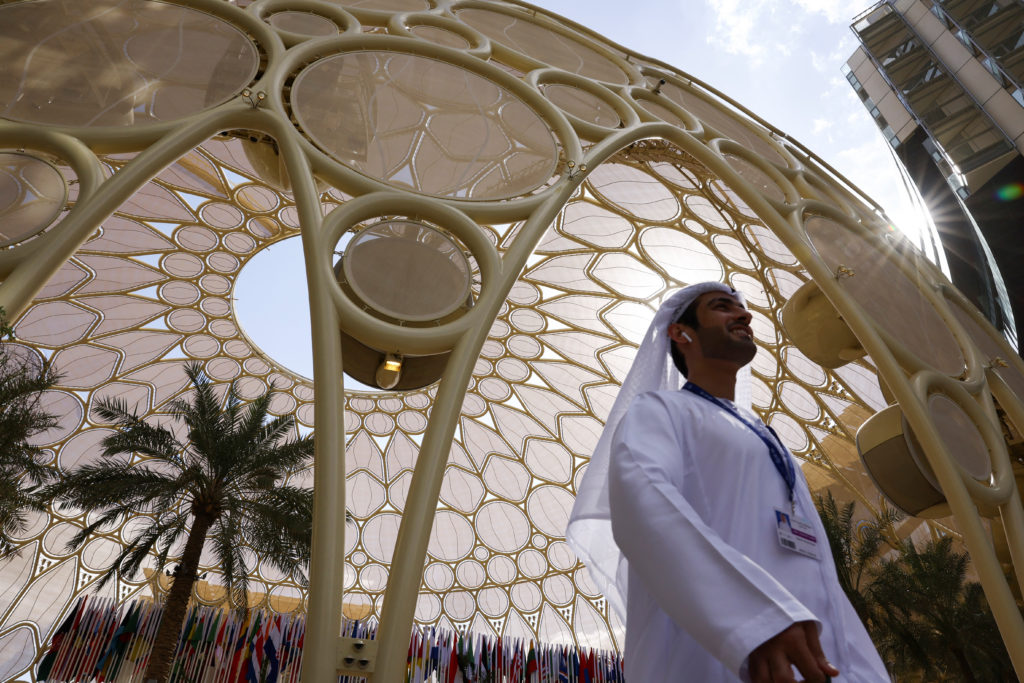Table of Contents
Agreement towards climate protection
The UAE, Azerbaijan, and Brazil are teaming up to push for an international agreement to limit global warming to 1.5°C, as they all have hosted or will host UN climate summits.
The United Arab Emirates’ Conference of the Parties (COP28) presidency announced on Tuesday that it will establish a “troika” to ensure that more ambitious CO2-cutting pledges are made before the deadline of the COP30 summit in 2025 in Belem, Brazil. This year’s UN climate event in November will be hosted by Azerbaijan. “We cannot afford to lose momentum. We must do everything we can to keep 1.5 C within reach,” said Sultan Al Jaber, the Emirati president who led last year’s negotiations.
In 2015, almost 200 governments signed the unprecedented Paris climate agreement to phase out fossil fuels in favour of renewable energy in the second half of the century by capping global warming at 1.5C.
Global greenhouse gas emissions are soaring, making it difficult to attain the 1.5C limit. The upcoming round of countries’ climate targets is seen as a crucial opportunity to prevent further damage.
The troika partnership should “significantly enhance international cooperation and the international enabling environment to stimulate ambition in the next round of nationally determined contributions”, read the final agreement reached at COP28.
Last week European climate monitors reported that for the first time global warming had exceeded temperatures of 1.5C over a 12-month period, in what scientists called a “warning to humanity”.
In 2023, the planet experienced extreme weather conditions such as storms, droughts, and fires. These events were caused by both climate change and the El Nino weather phenomenon, which heats up the surface water in the eastern Pacific Ocean. As a result, 2023 became the hottest year on record globally since 1850.
“The troika helps ensure we have the collaboration and continuity required to keep the North Star of 1.5C in sight – from Baku to Belem and beyond,” Al Jaber said in a statement
The progress
At COP28, the world agreed to “transition away” from fossil fuels.There has been no progress in unblocking financial flows to developing countries, which is a major point of contention in the negotiations.
This issue is set to be a central theme of COP29 in Baku, Azerbaijan, where a new target is expected to be set for the financial support provided by developed countries for climate change.
According to the Organisation for Economic Co-operation and Development, rich countries are about two years late in meeting their initial pledge of $100bn in annual climate funding by 2022.
The UN’s high-level expert group on climate finance said in 2022 that developing nations, excluding China, need to spend some $2.4 trillion a year on clean energy and climate resilience by 2030 – four times current levels.
“We are committed to leveraging our strength as a bridge builder between the developed and developing world as host of COP29, to accelerate efforts to keep 1.5 in reach,” said COP29 President-Designate Mukhtar Babayev, who is Azerbaijan’s minister of ecology and natural resources.
“Key to that will be establishing a new climate finance goal that reflects the scale and urgency of the climate challenge.”
